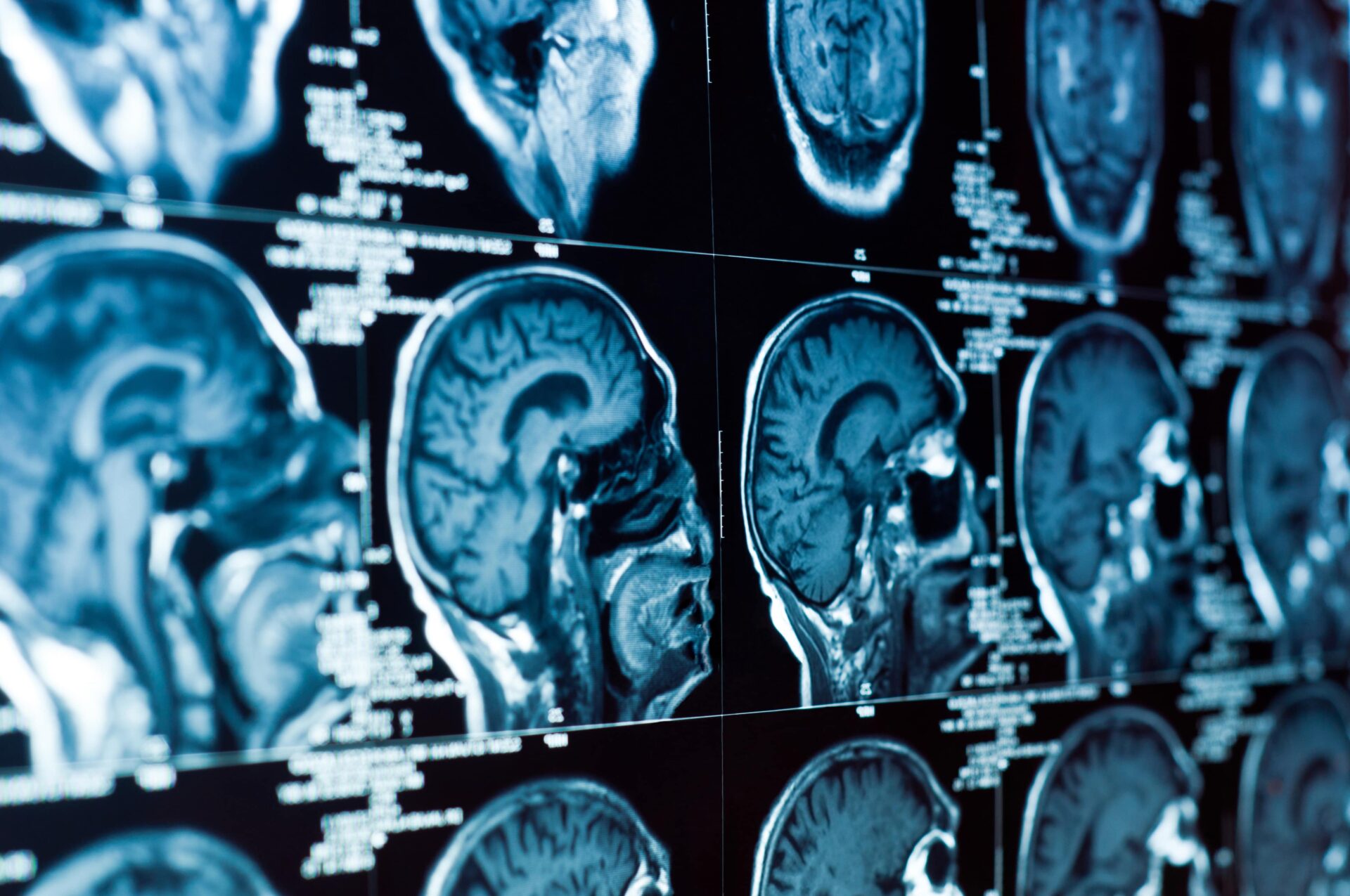
Brain Injuries
Brain injuries can have significant and long-lasting effects on individuals and their families. Whether caused by accidents, sports-related incidents, or medical conditions, understanding brain injuries is crucial for proper management and support. In this FAQ guide, we’ll address common questions about brain injuries, their causes, symptoms, treatment options, and ways to support recovery.
What Is A Brain Injury?
A brain injury is any damage to the brain that disrupts its normal functioning. It can result from various causes, including trauma, stroke, infection, or medical conditions such as tumors or degenerative diseases.
What Are The Different Types Of Brain Injuries?
There are two main types of brain injuries: traumatic brain injury (TBI) and acquired brain injury (ABI). TBI occurs due to external forces such as a blow to the head, while ABI results from non-traumatic causes such as stroke, infection, or lack of oxygen.
What Are The Common Causes Of Brain Injuries?
Brain injuries can result from various causes, including:
- Falls
- Motor vehicle accidents
- Sports-related injuries
- Assaults or violence
- Stroke
- Infections
- Tumors
- Lack of oxygen (hypoxia or anoxia)
What Are The Symptoms Of A Brain Injury?
Symptoms of a brain injury can vary depending on the severity and type of injury but may include:
- Headaches
- Dizziness or loss of balance
- Nausea or vomiting
- Confusion or disorientation
- Memory problems
- Speech difficulties
- Sensory changes (e.g., blurred vision, ringing in the ears)
- Changes in mood or behavior
How Are Brain Injuries Diagnosed?
Brain injuries are diagnosed through a combination of medical history, physical examination, imaging tests (such as CT scans or MRI), and neurological assessments. A thorough evaluation by healthcare professionals is essential for accurate diagnosis and treatment planning.
What Are The Treatment Options For Brain Injuries?
Treatment for brain injuries depends on the type, severity, and symptoms but may include:
- Medications to manage symptoms such as pain, seizures, or cognitive impairment
- Rehabilitation therapies, including physical, occupational, speech, and cognitive therapy
- Surgery to repair structural damage or relieve pressure on the brain
- Supportive care to address the individual’s physical, emotional, and cognitive needs
What Is The Prognosis For Brain Injury Recovery?
The prognosis for brain injury recovery varies widely depending on factors such as the severity of the injury, the individual’s age and overall health, and the effectiveness of treatment and rehabilitation. While some individuals may experience significant improvement and regain function over time, others may face long-term challenges and disabilities.
How Can Family Members And Caregivers Support Someone With A Brain Injury?
Supporting someone with a brain injury requires patience, understanding, and empathy. Family members and caregivers can:
- Educate themselves about brain injuries and their effects
- Provide emotional support and encouragement
- Assist with activities of daily living and rehabilitation exercises
- Advocate for the individual’s needs and rights
- Seek support from healthcare professionals, support groups, and community resources
Brain injuries can have profound effects on individuals and their families, but understanding their causes, symptoms, and treatment options is essential for effective management and support. By addressing common questions and misconceptions about brain injuries, we can promote awareness, empathy, and better outcomes for those affected by these challenging conditions. If you or someone you know has experienced a brain injury, seek medical attention promptly and explore the available resources for guidance and support from Des Moines Injury Law as an Iowa brain injury lawyer is ready to assist you with a possible case.

